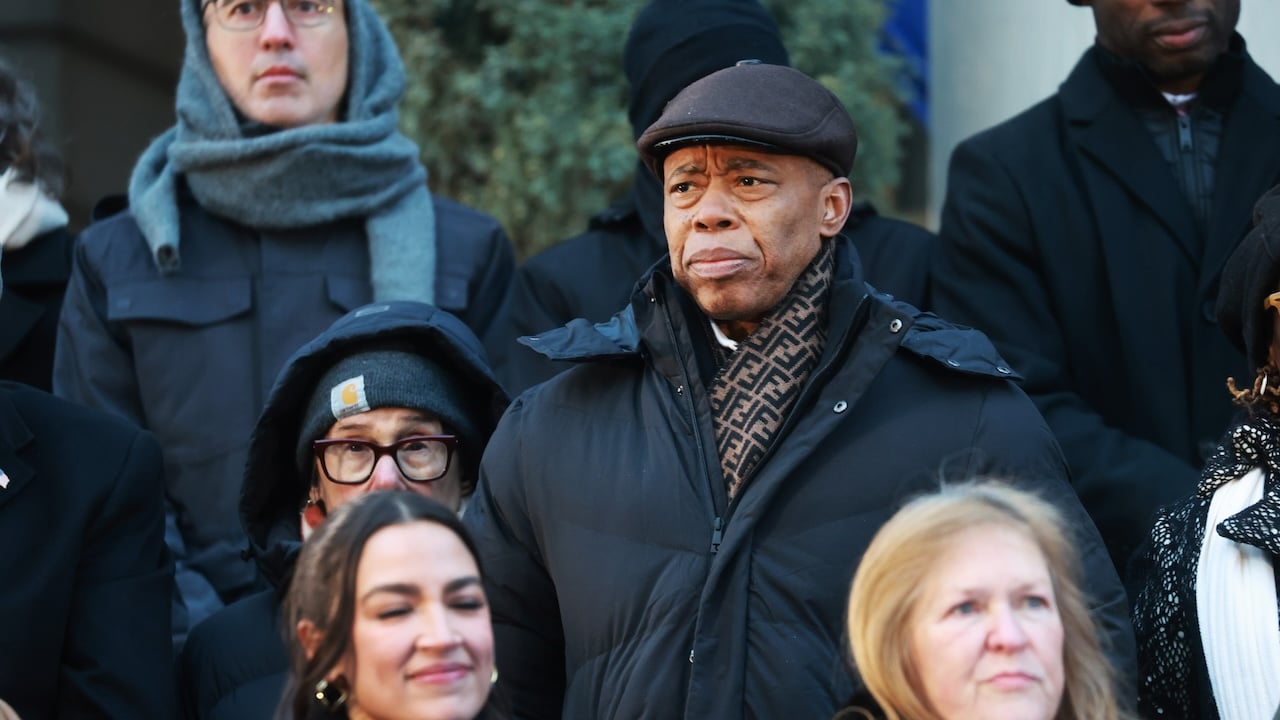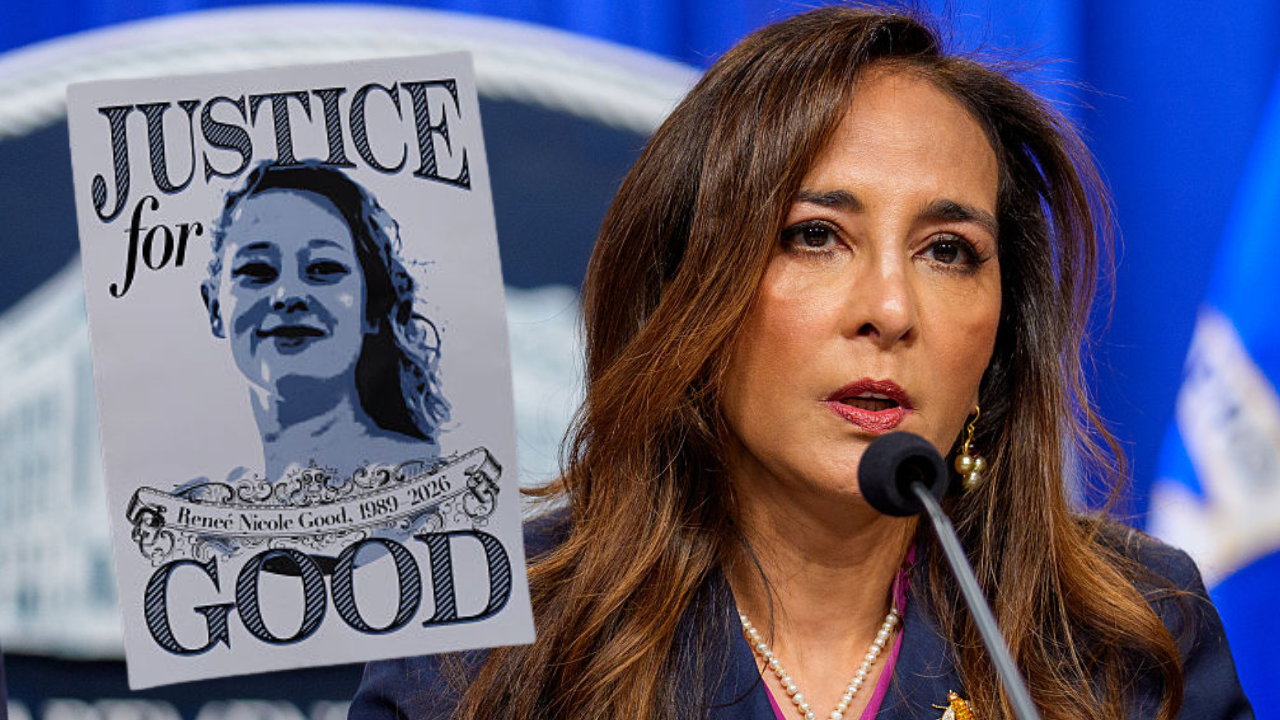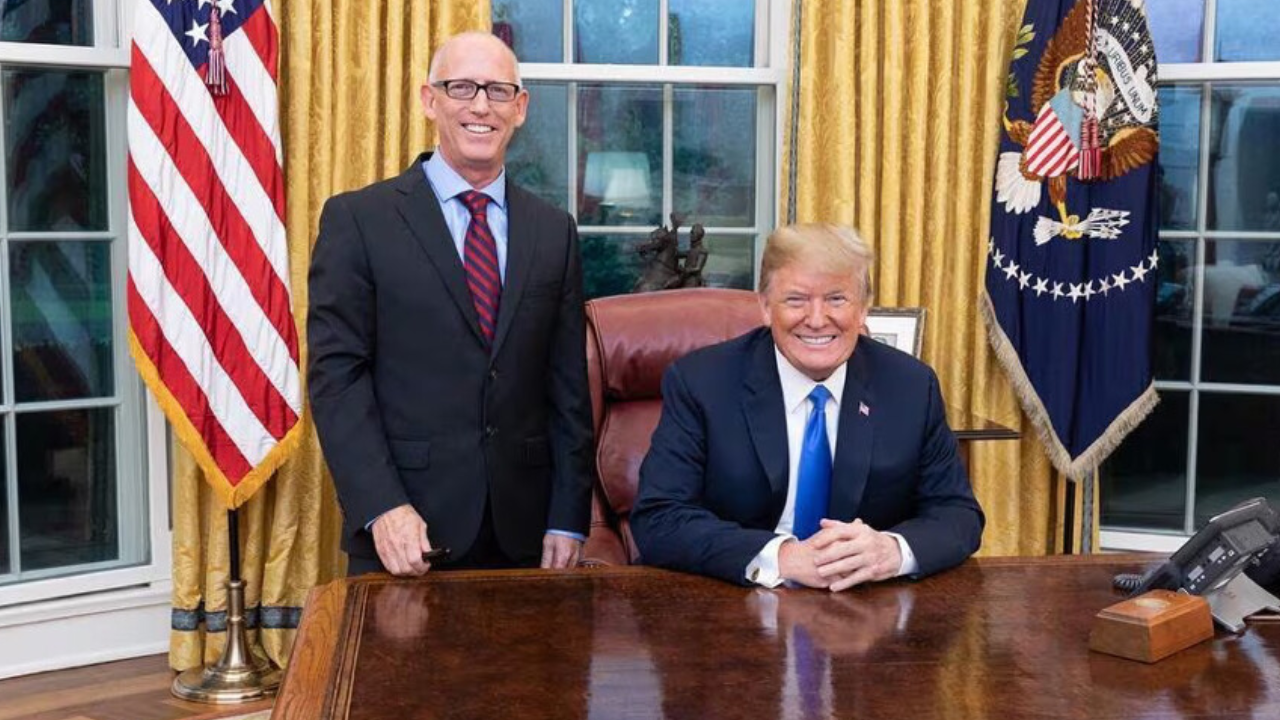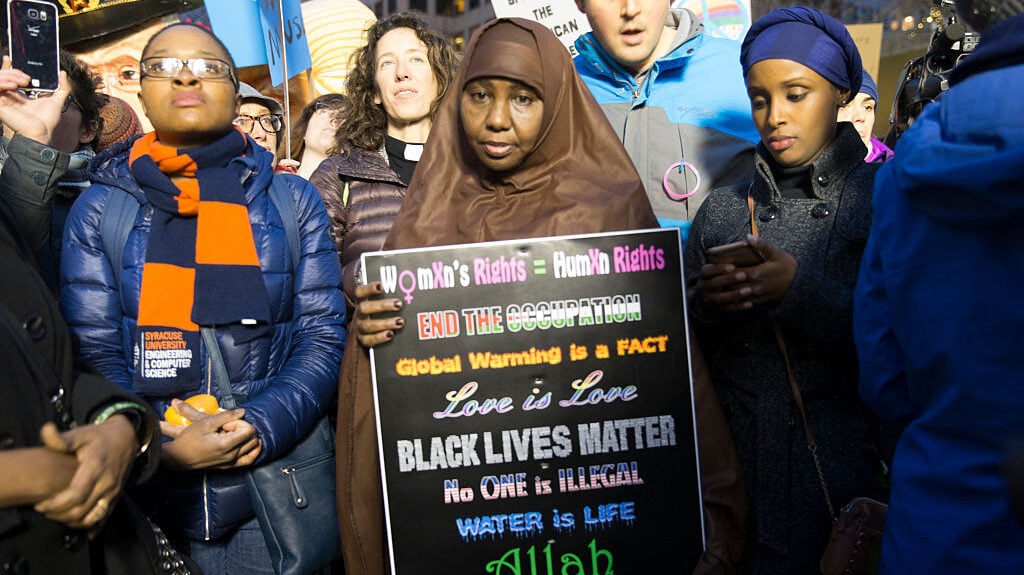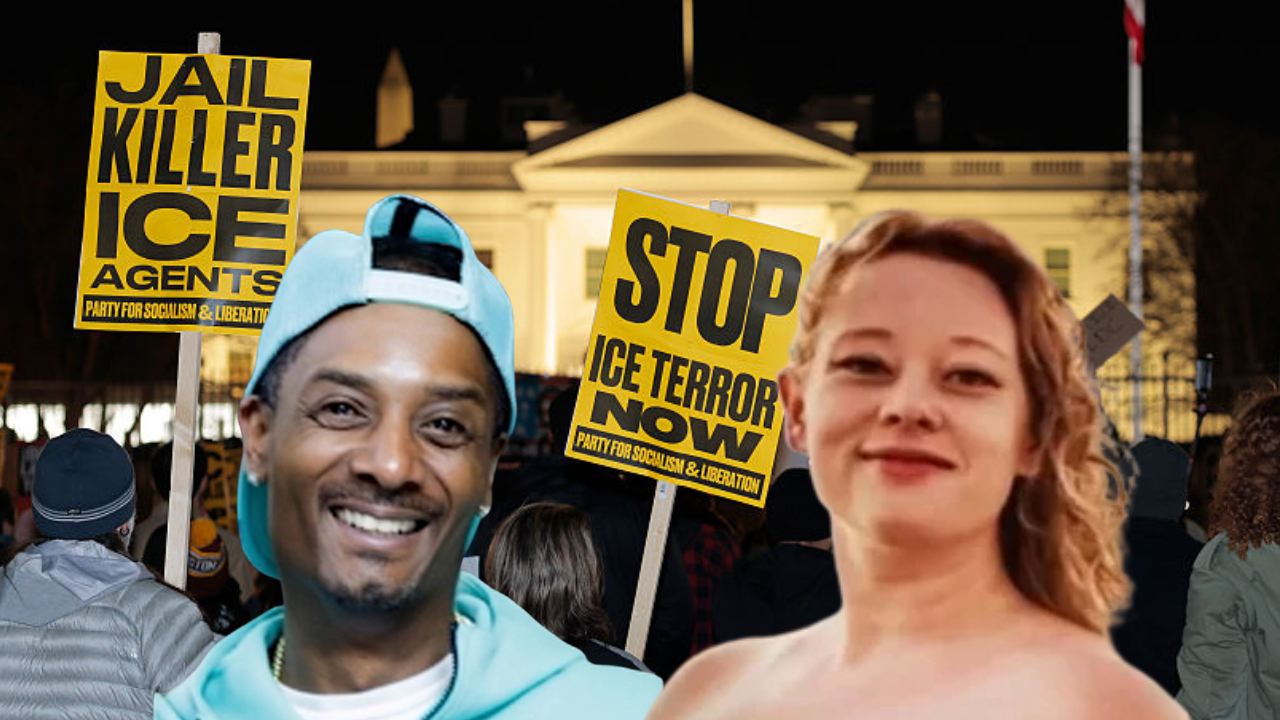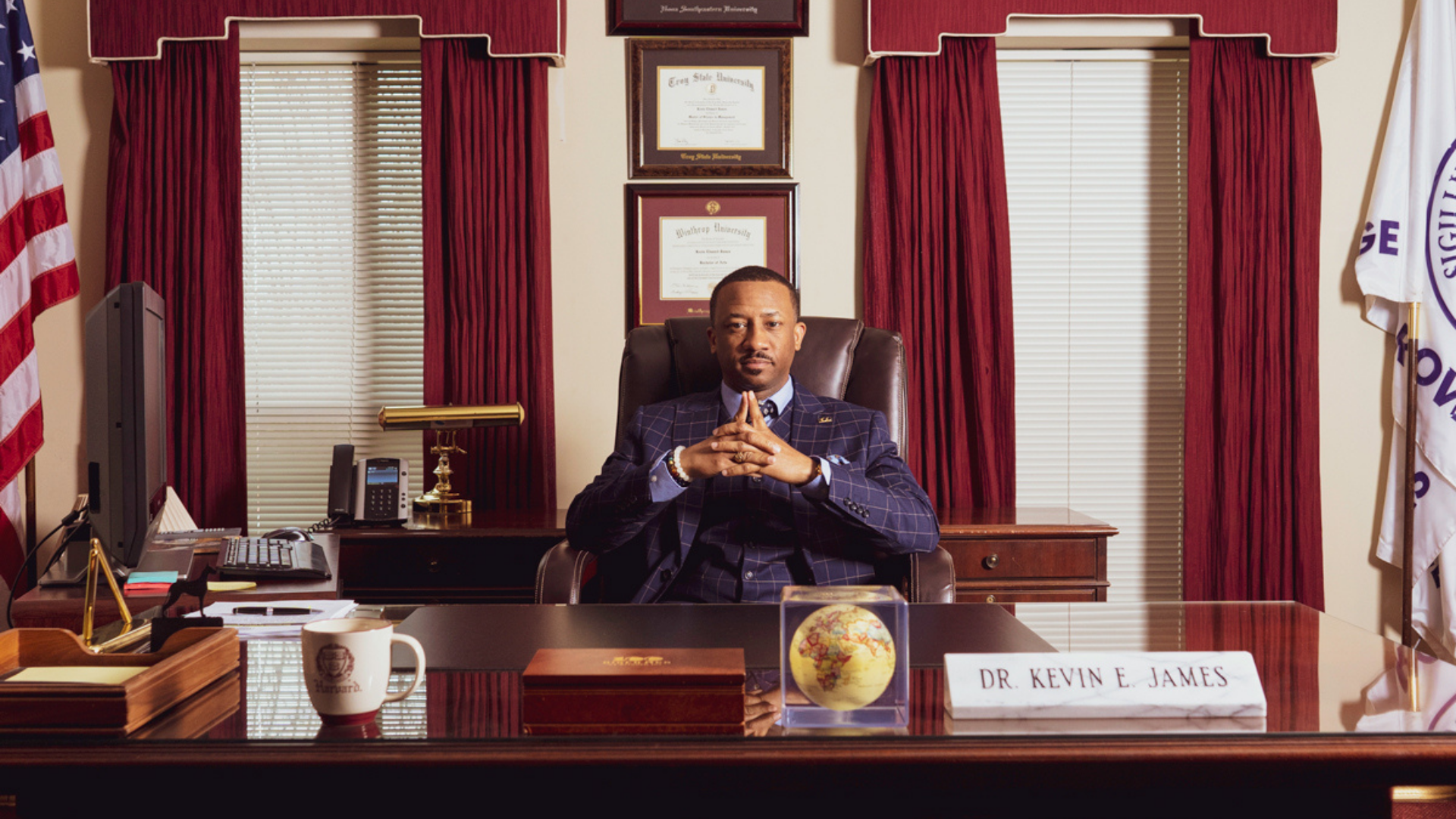The Supreme Court’s Passport Decision Isn’t About Gender — It’s About How Quickly Our Rights Can Be Rewritten


A few weeks ago, I was invited to join a global gathering of advocates in Brazil. The event was scheduled for Oct. 29-30 and brought together changemakers from across the world to discuss justice, community, and liberation. It should’ve been an easy yes. But I said no.
For many of the people planning to attend, there was no hesitation. When I shared my concerns, they brushed them off—told me I’d be fine, that I was overthinking it. But for me, that fear runs deep. It’s not just about travel. It’s about what it means to move through a world that constantly questions your right to exist.
As a trans person in the United States right now, even getting on a plane can feel like an act of courage. Moving through airports, security lines, and border checkpoints isn’t just about logistics—it’s about safety and dignity. Leaving the country adds another layer of uncertainty. I wondered if I’d be allowed to come back home without being forced to defend who I am. Would I have to explain my existence to a stranger in uniform? Would my valid and legal documents be questioned, dismissed, or even confiscated simply because they didn’t align with someone’s expectations?
That anxiety isn’t new to me. As someone who was once incarcerated, I know what it feels like to live without identification that society recognizes as valid. When I was released, I was handed a prison ID and told it would “work everywhere.” It didn’t. I tried to cash my check from the Department of Corrections and was told that my ID wasn’t real enough, wasn’t good enough.
That moment taught me something I’ve never forgotten: in this country, if you don’t have the “right” identification, you can’t function. You can’t get housing. You can’t get a job. You can’t move freely. And if you’re Black, lacking identification doesn’t just limit your opportunities—it can cost you your life.
That’s what this new political climate feels like. The fear doesn’t start at customs; it starts with the possibility of being reduced to paperwork that erases who you are.
And now, with the Supreme Court’s latest decision on U.S. passports, that fear isn’t hypothetical anymore.
Most people scrolling headlines today probably didn’t stop at the one about the Supreme Court and U.S. passports. It sounds technical—something about “sex at birth” and “X markers.” But if you’re Black in America, this moment deserves your attention. What happened isn’t only about gender identity. It’s about how government power shifts and how easily policies that once protected us can be undone with a single order.
What Happened
The Supreme Court has given the current administration permission to enforce a policy that requires everyone’s passport to list the sex assigned to them at birth. No exceptions, no “X” for people who don’t identify strictly as male or female.
If you apply for a passport now, you’ll have to mark “M” or “F” according to your birth record. The option to self-select or choose “X,” created under the previous administration, is gone for now. Passports that already show an “X” remain valid until they expire, but they can’t be renewed that way.
It’s important to note that the Supreme Court has not ruled on whether this policy is constitutional. The justices did not decide the case on its merits or weigh whether former President Trump’s executive order violates equal protection or due process. Instead, the Court lifted the lower court’s preliminary injunction that had temporarily blocked the order, allowing the administration to begin enforcing it while the legal challenge continues.
In legal terms, that’s called a “stay.” In real life, it means the rule is active today, even as its legality is still being contested in court.
Why This Matters—Even If You Think It Doesn’t
It’s easy to see this as another culture-war debate that doesn’t touch your family. But look deeper. This decision shows how this Supreme Court understands power: not as something shared, but as something the government can reclaim, even when it affects identity, race, or equal protection.
When the Court allows an administration to redefine something as basic as who we are on paper, it opens the door for that same power to reshape other parts of our lives.
If they can redefine gender identity at the passport office, they can redefine racial categories in housing or health data. If they can limit how agencies interpret inclusion, they can weaken civil-rights enforcement, voting protections, or the guidance that still sustains HBCUs and Black farmers. The Court already struck down the long-standing principle that once gave agencies flexibility to interpret laws, known as Chevron deference. Now the meaning of protection depends on who’s in office.
This isn’t just about gender. It’s about precedent. Every time the Court signs off on a new “definition,” it permits future leaders to erase the next right.
The Hidden Cost to All of Us
We are living through the longest government shutdown in American history. Millions of workers have missed paychecks. States are delaying EBT and food assistance. Health care costs keep climbing. And in the middle of that crisis, the federal government will spend tens of millions of dollars to rewrite how it records gender on passports.
The United States issued about 24.5 million passports in 2024. If verifying “sex at birth” adds just a few minutes to each application, that’s an extra $20–60 million in staff time. Updating software, retraining more than 7,000 passport offices, rewriting forms, and handling customer questions could bring the first-year total to somewhere between $35 million and $100 million.
That’s taxpayer money being spent on a policy that doesn’t solve a single problem. Applicants already pay their own passport fees. Once these new systems are built, there will be yearly maintenance costs on top of it.
Imagine what $100 million could do if it went instead to reopen child-care centers closed by the shutdown, stabilize EBT payments, or keep rural health clinics open. That’s the real trade-off.
Identity, Travel, and the Cost of Belonging
A passport is more than a document. It’s proof of your right to move. It’s how you leave home, how you return, how you tell the world you belong here.
When the government insists that an ID must reflect “sex at birth,” it affects anyone who has ever needed to change or correct their identification. If you’ve updated your last name after marriage, fixed a misspelling, or replaced an ID because you no longer look like your old photo, you understand how personal this is. Your ID is part of your story. It’s how institutions confirm that you are who you say you are.
This policy treats identity as frozen in time when, in truth, we all evolve.
It also touches travel and the economy. Tourism depends on clear, trusted documentation. When confusion and fear enter that process, people travel less, and our tourism dollars shrink. For Black travelers, exploration has always been a form of freedom—the chance to see ourselves in a world that once told us we couldn’t exist beyond its borders. Any rule that limits that movement limits our growth.
And still, the administration hasn’t shown why this change is necessary. The old policy didn’t cause safety issues or raise costs. There’s no evidence this new rule improves anything. It only adds bureaucracy.
When Morality Becomes a Weapon
Many people, including some within our own community, have been taught to view the transgender experience as defying God’s design. That belief has justified bans in sports, bathroom bills, and now this passport policy. But history tells us what happens when people in power confuse their interpretation of scripture with law.
This country once declared that our ancestors were property, and some pastors and politicians swore that was God’s will. They said our freedom was rebellion. That same conviction—this is how God meant it to be—was used to deny women the right to vote, to outlaw interracial marriage, and to roll back reproductive freedom when Roe v. Wade was overturned.
Every generation, someone claims divine authority to decide whose life has value. Every generation, that thinking births injustice dressed as morality.
So when people use faith to say that gender diversity offends God, remember: faith was once used to say that Black liberation offended Him too. The question isn’t whether you understand the trans experience; it’s whether you recognize what happens when belief becomes policy. The same machine that limits one group’s freedom is always waiting to limit another’s.
Expert Insight: Bryanna A. Jenkins, Attorney, Activist, and Policy Advocate
Attorney and policy advocate Bryanna A. Jenkins, a nationally recognized expert whose work and influence span legal, academic, and community spaces, offers a clear view of what this ruling truly means. Based in Houston, Texas, she works at the crossroads of law and policy in one of the country’s most challenging landscapes for civil rights. She also happens to be a Black trans woman, and she understands both the legal and lived implications of this moment.
“The implications of this decision go far beyond preventing transgender people from updating the gender marker on a passport. In 2025, forcing anyone to carry identification that doesn’t reflect who they truly are does more than deny their dignity—it places them in danger.
“For transgender people, especially those already vulnerable to state scrutiny, incongruent identification has long made us targets for sanctioned violence, profiling, and incarceration. We’ve seen it before—people detained, humiliated, or even arrested simply because their ID didn’t match how they lived. That isn’t about safety; it’s about control.
“This ruling isn’t isolated. It’s part of a larger pattern—the same Supreme Court dismantling access to education, voting rights, health care, and police accountability. Each of these decisions narrows the ability of marginalized people to live freely and move safely.
“When a government restricts how we travel, work, or access basic services, it isn’t protecting anyone; it’s tightening the funnel that leads straight into the prison system. And once people are trapped there, the chance for redemption almost never exists. That’s not justice. That’s design.”
Her perspective connects the dots between legal precedent and everyday life. This isn’t only about passports or gender markers—it’s about a government reasserting ownership over identity, a move that history shows always lands hardest on those who have already had to fight to prove their humanity.
What History Teaches Us
When Black people hear “government records,” we should remember what that means. Our elders had their births recorded under Jim Crow, names misspelled by clerks who didn’t care, or no certificates at all. For years, those errors blocked them from licenses, IDs, and even the ballot box. Now, a rule tying identity to “sex at birth” reopens those wounds.
An error or missing document becomes another barrier, and barriers always fall hardest on the poor, the rural, and the marginalized. The passport decision may seem narrow, but it’s part of a familiar pattern: power testing how far it can reach before we push back. First, the definitions change. Then the protections disappear.
What Comes Next
For now, this rule applies only to passports. But similar “sex at birth” language is showing up in proposed federal rules on health care, sports, and education. Left unchallenged, it will shape how the government defines family, eligibility, and even the data that proves racial inequities exist. This is how civil rights get rewritten in plain sight.
A Final Word
This isn’t just about gender or passports. It’s about power, precedent, and the cost of silence.
The Court’s decision lets the government redefine identity while families struggle to access the benefits that keep them alive. That imbalance is the real crisis.
Policies that start small rarely stay small. The same legal muscle used to enforce “sex at birth” on a passport can later define who counts as a voter, a parent, or a citizen worth protecting.
When the rules of identity can change overnight, every community that’s ever had to fight to be seen should be alert. History teaches one truth: once the government feels entitled to decide who we are, it never stops there.
Dominique Morgan, Sexual Health Expert, Adolescent Health Educator and Advocate, is an award-winning artist, philanthropist, and the Founder & CEO of Starks & Whitiker Consulting. Her work has been featured in Forbes, MTV, Essence, and more. Follow her on TikTok @thedominiquemorgan.
SEE ALSO:
What's Your Reaction?
 Like
0
Like
0
 Dislike
0
Dislike
0
 Love
0
Love
0
 Funny
0
Funny
0
 Angry
0
Angry
0
 Sad
0
Sad
0
 Wow
0
Wow
0




